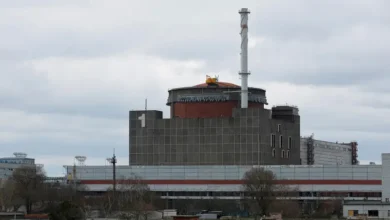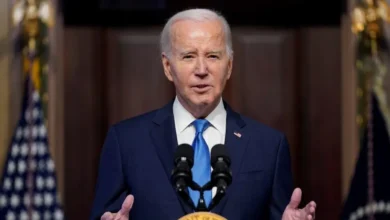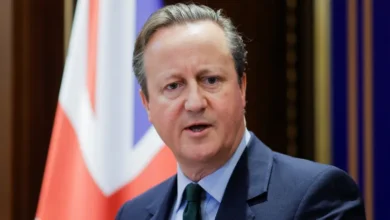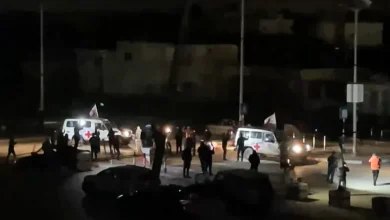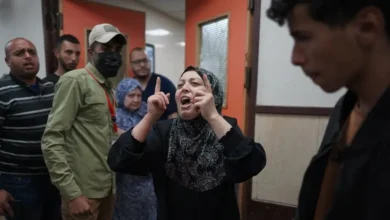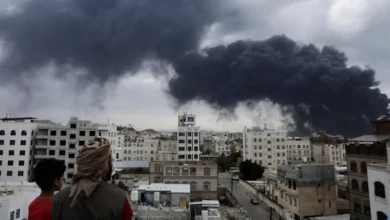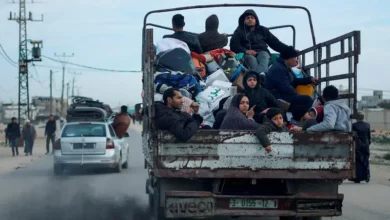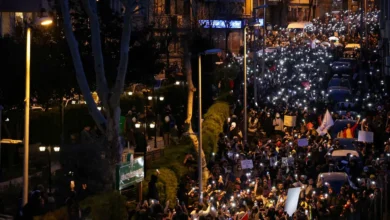Pakistan prepares deportation centres for undocumented migrants
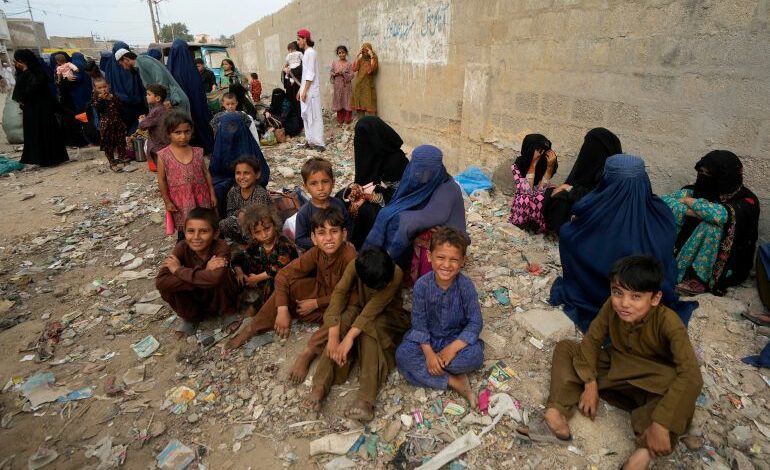
In its latest step to implement the planned expulsion of all undocumented migrants, including 1.7 million Afghans, Pakistan is setting up deportation centres where people will be held during processing.
Jan Achakzai, a spokesman for the southwestern Baluchistan government, said on Thursday that three deportation centres are being set up, including one in Quetta, the provincial capital.
Azam Khan, the caretaker chief minister for the northwest Khyber Pakhtunkhwa province, said three more centres are being set up there.
“It is a challenging task,” interim Interior Minister Sarfraz Bugti told reporters at a news conference.
Authorities will begin tracking and arresting foreigners staying in the country without registration or documents from November 1, and sending them to the temporary centres.
Migrants leaving voluntarily are offered incentives and help. More than 60,000 Afghans have returned home since the crackdown was announced, according to Khan.
Anyone in the country irregularly should leave before the deadline to avoid arrest, Achakzai said.
No deadline extensions
Pakistan’s caretaker Interior Minister Sarfraz Bugti said there would be no deadline extension.
Bugti said during a news conference on Thursday that no migrants living in Pakistan without authorisation would be mistreated after their arrests.
“They will not be manhandled,” he said, adding that they would get food and medical care until their deportations.
They are allowed to take a maximum of 50,000 Pakistani rupees ($180) out of the country, he said.
The minister warned Pakistanis that action would be taken against them if they were found to be sheltering undocumented migrants after November 1.
Bugti said the state has all the information about the areas where these migrants are hiding.
Evicting those living in Pakistan without registration was a challenge for the state, but “nothing is impossible to achieve it”, he added.
The country hosts millions of Afghans who fled their country during the 1979-1989 Soviet occupation. The numbers swelled after the Taliban armed group seized power in Afghanistan in August 2021.
Pakistan denies targeting Afghans. The 1.4 million Afghans who are registered refugees will not be affected by the crackdown.
The United States and the United Nations have appealed to Pakistan to reconsider this course of action, saying it will result in many injustices and human rights violations and families being separated.
Former US diplomats and representatives of resettlement organisations urged Pakistan not to deport Afghans who are waiting for US visas under a programme that relocates at-risk refugees fleeing Taliban rule.
